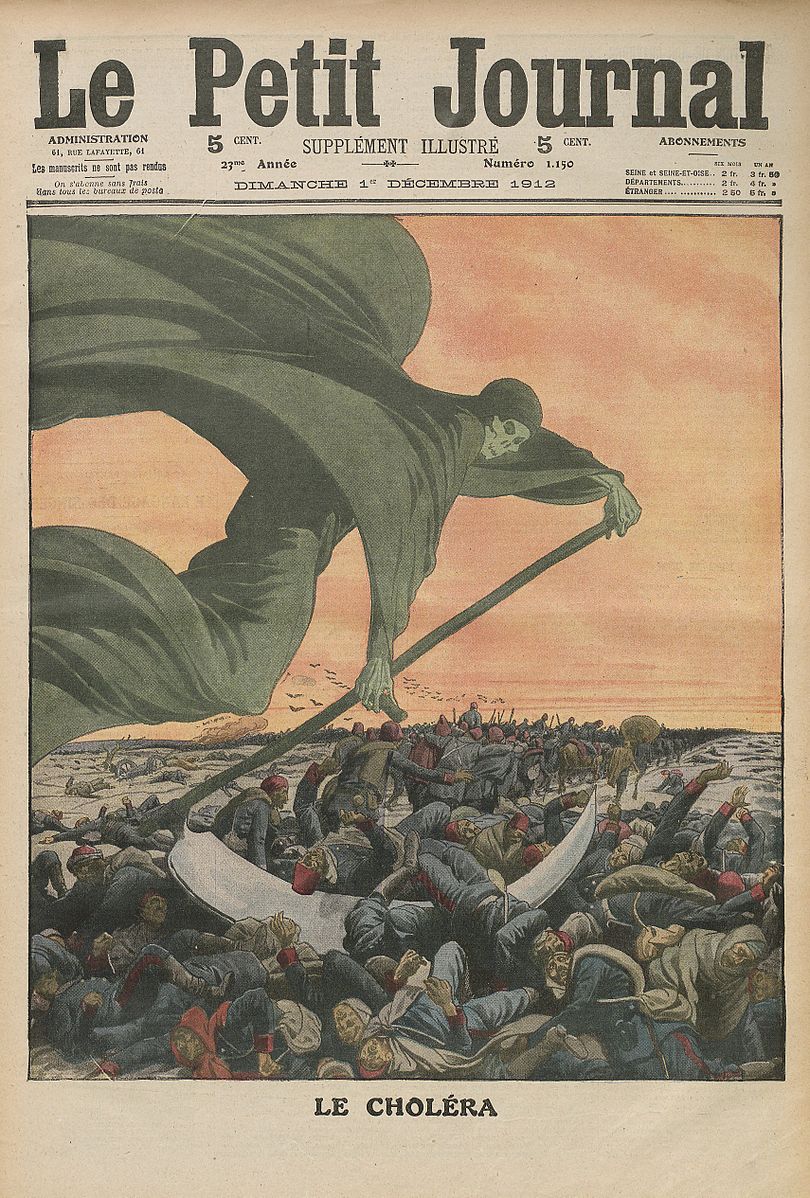let’s talk about covid stress.
even if you and your loved ones are healthy and you still have your job and your home, your stress, pain, sadness, frustration, etc. are legitimate! 1/
#epitwitter #BodnarTwitterTakeover
even if you and your loved ones are healthy and you still have your job and your home, your stress, pain, sadness, frustration, etc. are legitimate! 1/
#epitwitter #BodnarTwitterTakeover
this is not the Olympics of suffering, where only people with the worst situation get to be the ones who are in pain. we are ALL struggling (even if people seem like they have it together)! 2/
we are collectively grieving. Grief requires a lot of energy. Therefore, our mental reserves are low, meaning that “small” stressors that you could handle without so much emotion pre-covid now feel overwhelming. why? 3/
there is a blanket of stress hanging over us (pandemic!) all day, all night. with this thick layer of stress, stacking anything else on top (even "small things") can feel unmanageable. 4/
we are also often searching for reasons why we feel acutely bad. pre-covid, not getting enough sleep, having a difficult conversation w someone , feeling bowled over by a parenting or a work problem. now, it’s just sort of everything. that’s normal in a pandemic! 5/
as a result, the dips in mood can feel like you are on a roller coaster of emotions, and that alone can be exhausting and stressful. how long is my decent mood going to last? when will it crash? or hoping that your decent mood is sticking around is then it's dashed. very hard. 6/
after 2mo of misery, i was better bc i thought i just needed to get to the end of aug. then my kids would be in school. yeah, that didn’t happen. now someone has moved the goal posts so far away that i can’t even see them. this remains difficult for me. again, it's normal. 7/
one difficulty i have heard smart people attribute our down moods to is the lack of novelty during covid. what is new? um, nothing. we haven’t been on trips to do new things. we haven’t met new people or tried that new restaurant. 8/
life at home means no breaks from the monotony, which also feels bad. my therapist used this analogy: if you took a job with an hour-long commute, you could do it daily. but if you had to do your one-hour commute 30 hours in a row, it would feel impossible. that's life at home 9/
so, i have begun seeking out small bits of novelty. it's working to improve my mental health a bit. i buy a different pie each week and my kids and i rate it against the others. we rearranged some furniture in the house. we have some new daily routines that feel novel. 10/
setting a few broad goals may help. e.g., my 9yo was struggling. i felt helpless. my therapist & i identified 3 goals: find some joy w her, connect w her, and grow her independence. instead of feeling like i am failure, i feel i’m succeeding. 11/
most people are leaning in to old (often unhealthy) coping mechanisms right now. this is normal. yes, the longer the pandemic goes on, the more we should find other ways of coping. but things are hard. forgive yourself for doing the stuff you feel like you “shouldn’t.” 12/
last and maybe most important thing: set low, low, low expectations of yourself and everyone around you. drop some balls, do B- work. if you don’t give yourself some leeway, you will end up burning out, becoming frustrated or angry with yourself, resentful of others. 13/
a friend w 3 kids told me how she lowered her expectations when they were small. a successful day was one where everyone laughed, butts were clean, bellies were full. i tried to follow this rule when my 3 were small too (didn’t always succeed, but hearing her voice helped!). 14/
dudes, were in a pandemic. don't forget that. let’s have empathy for ourselves. let’s talk to ourselves the way we would talk to a friend who came to us struggling. you would be kind to that friend, not add to their feelings of inadequacy. 15/
#epitwitter #BodnarTwitterTakeover
#epitwitter #BodnarTwitterTakeover
how have you dealt with covid stress? what do you agree or disagree with from above? 16/
• • •
Missing some Tweet in this thread? You can try to
force a refresh





